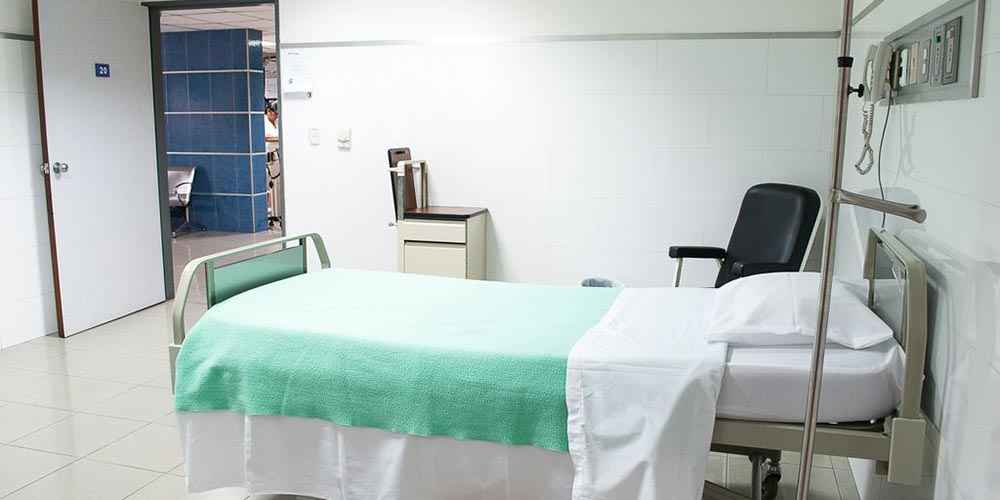When dealing with personal injuries, the road to recovery often involves navigating the legal landscape. One of the most important aspects of this process is medical documentation. This paperwork not only tracks your treatment but also serves as a key piece of evidence in any claims or lawsuits you might pursue. Without solid medical documentation, proving your case can become a lot more complicated. So, understanding its importance is crucial for anyone looking to get fair compensation for their injuries.
Key Takeaways
- Medical documentation links your injury to the treatment you received, which is vital for claims.
- Having thorough medical records strengthens your position when negotiating with insurance companies.
- Detailed documentation helps demonstrate the severity of your injuries, impacting compensation outcomes.
Significance of Medical Documentation in Personal Injury Cases
Medical documentation is super important in personal injury cases. I mean, without it, you’re basically trying to argue with your hands tied behind your back. It’s like trying to bake a cake without flour – good luck with that! It’s the backbone of your claim.
Establishing the Link Between Injury and Treatment
Think of it this way: you say you got hurt, but how do you prove it? Medical records show the connection between the incident and your injuries. For example, an emergency room report after a car crash can show you got hurt in the collision, not from something else. Detailed exams can also rule out pre-existing conditions. It’s all about building a solid case. If you are dealing with whiplash Q&A, make sure to document all symptoms and treatments.
Supporting Claims for Compensation
Medical documentation is key to getting the money you deserve. It details the extent of your injuries, the treatments you needed, and how it’s all affected your life. This helps your lawyer build a strong case. Without it, proving the full impact of the injury is way harder. It helps cover things like future medical bills, lost income, and pain.
Basically, it makes sure all your costs are considered. It’s not just about what happened right after the injury, but also the long-term effects. It’s about making sure you’re taken care of, not just now, but down the road too.
Types of Medical Documentation Essential for Claims
Medical Records and Treatment Histories
Medical records are key. These documents detail a patient’s medical care, including diagnoses, treatments, and medical history. They can include lab results and records of past treatments. These records establish a timeline of the injury and the care received.
Having complete and accurate medical records is important for building a strong personal injury claim. These records provide objective evidence of the injury and its impact.
Expert Testimonies and Evaluations
Expert testimony can strengthen a case. Doctors hired to examine injuries can provide professional assessments. Multiple perspectives from different doctors can add credibility. Consider getting a personal injury chiropractor to evaluate your injuries.
Impact of Medical Documentation on Legal Proceedings
Strengthening Your Case Against Insurance Companies
Medical documentation is super important when dealing with insurance companies. It’s like, the more solid proof you have, the better your chances of getting a fair settlement. Insurance companies are way less likely to argue when they’re faced with clear medical records showing consistent treatment and diagnoses. It makes it harder for them to deny the claim, because it’s all backed up by objective medical evidence. You can find relief from pain with the right documentation.
Proving the Severity and Impact of Injuries
Medical documentation is key to showing how badly someone was hurt. A little bruise is not the same as a traumatic brain injury, right? So, the severity of the injury really matters in a personal injury case. You can’t just say you’re hurt; you need to prove it with medical records. These records detail the injury, the treatment needed, and how it’s affected the person’s life. Without this, it’s tough to show the full impact of the injury, including things like future medical bills and lost income.
Thorough medical documentation helps build a strong case by clearly outlining the extent of the injuries and their long-term effects. This ensures that all related costs are considered when seeking compensation.
Wrapping It Up: The Role of Medical Documentation in Personal Injury Cases
In conclusion, dealing with a personal injury can be tough, and having the right medical documentation is key. It’s not just about getting treatment; it’s about keeping track of everything that happens afterward. This paperwork can make or break your case when it comes to getting compensation. It shows how serious your injuries are and backs up your claims when you talk to insurance companies. If you want to make sure you get what you deserve, keep all your medical records organized and don’t hesitate to ask for help from a lawyer who knows the ins and outs of personal injury claims. They can guide you through the process and help you gather the evidence you need.
Frequently Asked Questions
Why is medical documentation important after an injury?
Medical documentation is crucial because it helps prove that your injury is real and shows the treatment you received. This can support your claim for compensation.
What types of medical documents should I keep for my case?
You should keep medical records, treatment histories, bills for surgeries, and any evaluations from doctors. These documents help show the extent of your injuries and the costs involved.
How can medical documentation affect my case with insurance companies?
Having solid medical documentation can strengthen your case when dealing with insurance companies. It makes it harder for them to deny your claim and can lead to a better settlement.
